Description
Zeolite: The Molecular Sieve with a Big Appetite
Zeolite. The name might sound like something out of a sci-fi movie, but these fascinating minerals are naturally occurring and have a surprisingly wide range of applications, from cleaning up nuclear waste to purifying your drinking water. Often referred to as “molecular sieves,” zeolites are porous aluminosilicate minerals with a unique structure that allows them to selectively absorb and separate molecules based on their size and shape.
What are Zeolites?
Imagine a highly organized, three-dimensional lattice made of aluminum, silicon, and oxygen atoms. This framework creates an intricate network of interconnected channels and cavities, like a microscopic honeycomb. Specific zeolites have pores of particular sizes, allowing only molecules smaller than that pore size to enter. This sieving action is what gives zeolites their remarkable separation capabilities.
There are over 40 naturally occurring zeolites, formed over millions of years from volcanic ash and seawater. However, scientists have also developed over 200 synthetic zeolites, each tailored for specific applications with precise control over pore size, structure, and composition.
The Power of Absorption and Adsorption:
Zeolites don’t just trap molecules; they can also interact with them through a process called adsorption. This involves molecules adhering to the surface of the zeolite’s internal framework. This capability, combined with their sieving action, makes zeolites incredibly versatile in various fields.
A Plethora of Applications:
The unique properties of zeolites translate into a diverse range of applications across numerous industries:
- Water Purification: Zeolites are highly effective at removing contaminants from water, including heavy metals, ammonia, and organic pollutants. They can be found in home water filters, wastewater treatment plants, and even swimming pool filtration systems.
- Detergents: Zeolites are used as builders in laundry detergents, replacing phosphates that can contribute to water pollution. They soften water by removing calcium and magnesium ions, improving the effectiveness of the detergent.
- Catalysis: Zeolites act as catalysts in numerous chemical reactions, speeding up processes like cracking crude oil into gasoline and synthesizing plastics. Their large surface area and customizable acidity make them ideal catalysts.
- Agriculture: Certain zeolites can improve soil quality by retaining water and nutrients, releasing them gradually to plant roots. They can also help to neutralize acidic soils and improve aeration.
- Nuclear Waste Management: Zeolites have proven effective in capturing radioactive isotopes like cesium and strontium from nuclear waste, helping to safely store and manage these hazardous materials.
- Pet Litter and Odor Control: The absorbent properties of zeolites make them a popular choice for pet litter, effectively trapping urine and controlling odors.
- Medicine: Research is ongoing into the use of zeolites for drug delivery, wound healing, and even as potential cancer therapies.
The Future of Zeolites:
The potential of zeolites continues to be explored, with researchers constantly developing new materials and applications. Some promising areas of focus include:
- Carbon Capture: Zeolites are being investigated for their ability to selectively capture carbon dioxide from industrial emissions, helping to mitigate climate change.
- Energy Storage: Their high surface area and ion exchange capabilities make zeolites attractive for energy storage applications, such as batteries and supercapacitors.
- Gas Separation: New zeolites with tailored pore sizes are being designed to separate specific gases, such as oxygen from air or methane from biogas.
Conclusion:
From everyday household products to cutting-edge scientific applications, zeolites are proving to be invaluable materials with a wide range of benefits. Their unique structure and properties, combined with ongoing research and development, ensure that these molecular sieves will continue to play an important role in shaping our future. The next time you hear the word “zeolite,” remember that it represents a powerful and versatile mineral with the potential to solve many of the challenges facing our world.

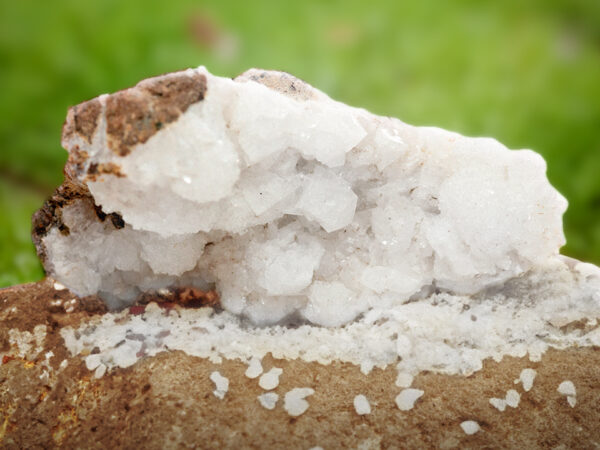
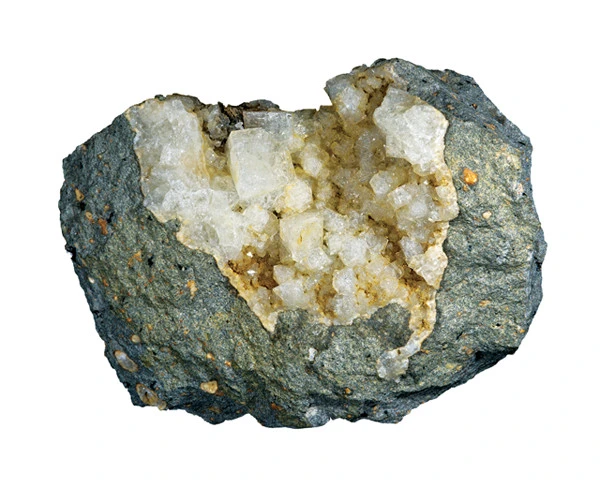

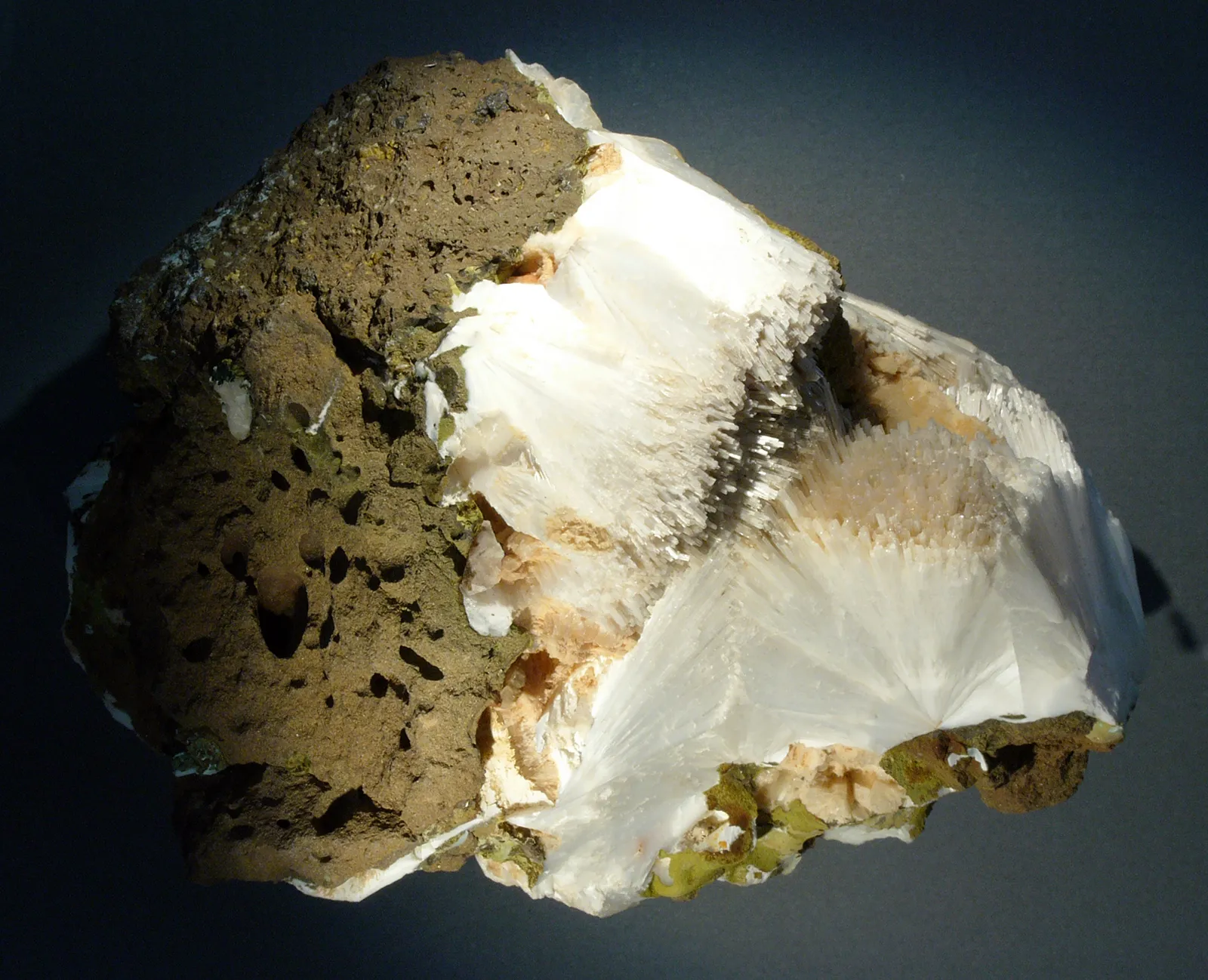
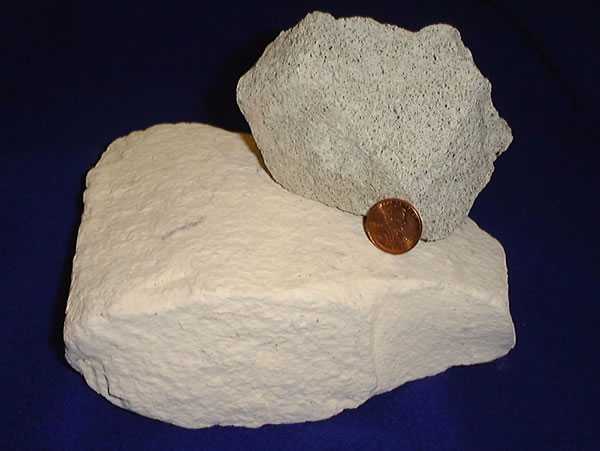


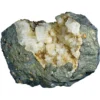
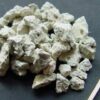

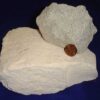
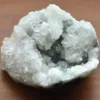




Reviews
There are no reviews yet.